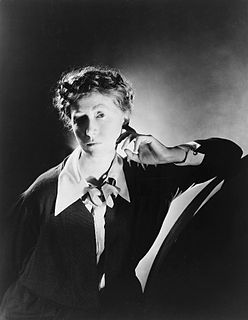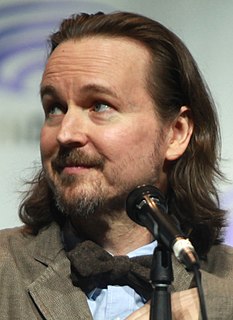A Quote by Philip Schultz
My father's death when I was eighteen and his struggles as a Jewish immigrant provided me with the raw material, but for a long time I went from painting to fiction and then finally to poetry before I could find the right way of telling this story.
Related Quotes
In, 1950, at the age, 19 I dropped out of St. George William College in Montreal, as it then was, and sailed for England on the Franconia. Foolishly, no arrogantly, believing I could put Canada and its picayune problems behind me, never dreaming it would become the raw material of most of my fiction and non-fiction. Or that I would care so deeply about its surviving intact.
I guess it was easier for me to find my voice in poetry than it was in fiction. I'm working on fiction again, and I find it a lot more difficult. It's a struggle. At a certain point, you have your voice and you go to it every time, so it's not like reinventing the wheel. That's the way I see it at least.
I went to school in California, at Stanford when I was seventeen, and I lived in San Francisco until I was twenty-three, and then I lived in Hungary for, like, a summer, and then I went to Iowa for three years. At Iowa, I actually did the fiction program, not poetry. I was a fiction writer for a long time before I was 'out' as a poet.
If time came before me, time is not before the Word, whose Begetter is atemporal. When the beginningless Father was there, leaving nothing superior to His divinity, then also was there the Father's Son, having in the Father a timeless beginning, like the sun's great circle of overwhelming clear light.
What writers of fantasy, science fiction, and much historical fiction do for a living is different from what writers of so-called literary or other kinds of fiction do. The name of the game in F/SF/HF is creating fictional worlds and then telling particular stories set in those worlds. If you're doing it right, then the reader, coming to the end of the story, will say, "Hey, wait a minute, there are so many other stories that could be told in this universe!" And that's how we get the sprawling, coherent fictional universes that fandom is all about.
Characters simply come and find me. They sit down, I offer them a coffee. They tell me their story and then they almost always leave. When a character, after drinking some coffee and briefly telling her story, wants dinner and then a place to sleep and then breakfast and so on, for me the time has come to write the novel.
The story, I like to say and remember, is always smarter than you—there will be patterns of theme, image, and idea that are much savvier and more complex than what you could come up with on your own. Find them with your marking pens as they emerge in your drafts. Become a student of your work in progress. Look for what your material is telling you about your material. Every aspect of a story has its own story.
The digestive canal is in its task a complete chemical factory. The raw material passes through a long series of institutions in which it is subjected to certain mechanical and, mainly, chemical processing, and then, through innumerable side-streets, it is brought into the depot of the body. Aside from this basic series of institutions, along which the raw material moves, there is a series of lateral chemical manufactories, which prepare certain reagents for the appropriate processing of the raw material.







































